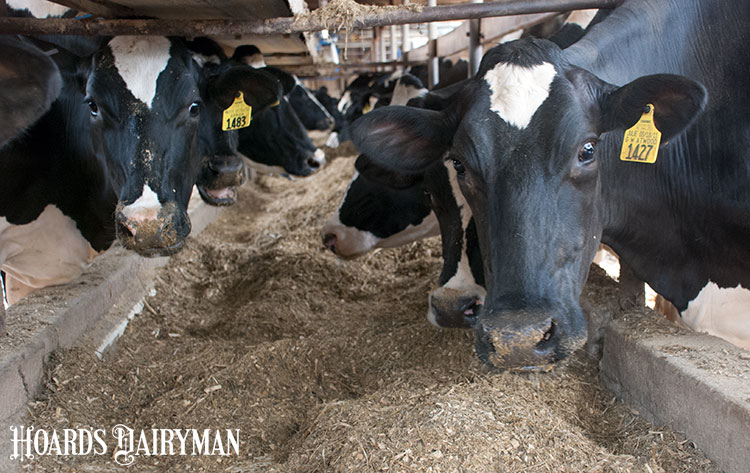
Recently, Ben & Jerry’s ice cream sustainability efforts, as it pertains to the dairy industry, took another step addressing consumer expectations. The milk suppliers of Ben & Jerry’s will be entering into a contract that requires them to meet defined goals in the treatment and management of their employees. As the news articles indicate, this was not a quick response by Ben & Jerry’s but an agreement that was negotiated over an extended period of time. Those goals are measurable and similar to what the FARM or Farmers Assuring Responsible Management plan will require for verification.
Sustainability, a word seldom used in relation to agriculture production less than a decade ago, now has major implications for your customers as demonstrated by the agreement reached by Ben & Jerry’s. Therefore, it has major implications for dairy producers.
Addressing consumer expectations as it pertains to sustainability has been a priority for your national organizations in the past several years. Through Dairy Management Inc. (DMI), the National Milk Producers Federation (NMPF), state dairy commissions, state dairy associations and additional allied industries, organizations have been created to assist the dairy producers in meeting today’s consumer expectations. Two of those that immediately come to mind are the Innovation Center for U.S. Dairy Sustainability Committee and Newtrient.
The definition of sustainability is broad and has three main premises that will always be subject to individual opinions. Those cover environmental, social . . . which includes employee well-being and animal care . . . and economic feasibility. As demonstrated by Ben & Jerry’s, processors need to recognize there is a cost to meeting those expectations, and suppliers deserve a premium to participate in any new mandate.
Although the terminology of sustainability might be new, the concept is not.
We used to call it stewardship. It is my observation that the majority of Americans involved in production agriculture are anchored in their Christian beliefs. A case can be made that stewardship, as defined in scripture, covers the environment, animal care, and most assuredly treatment of employees.
The new wrinkle is we can no longer just “say it” because consumers will and are demanding to see our actions (transparence) and verification.








